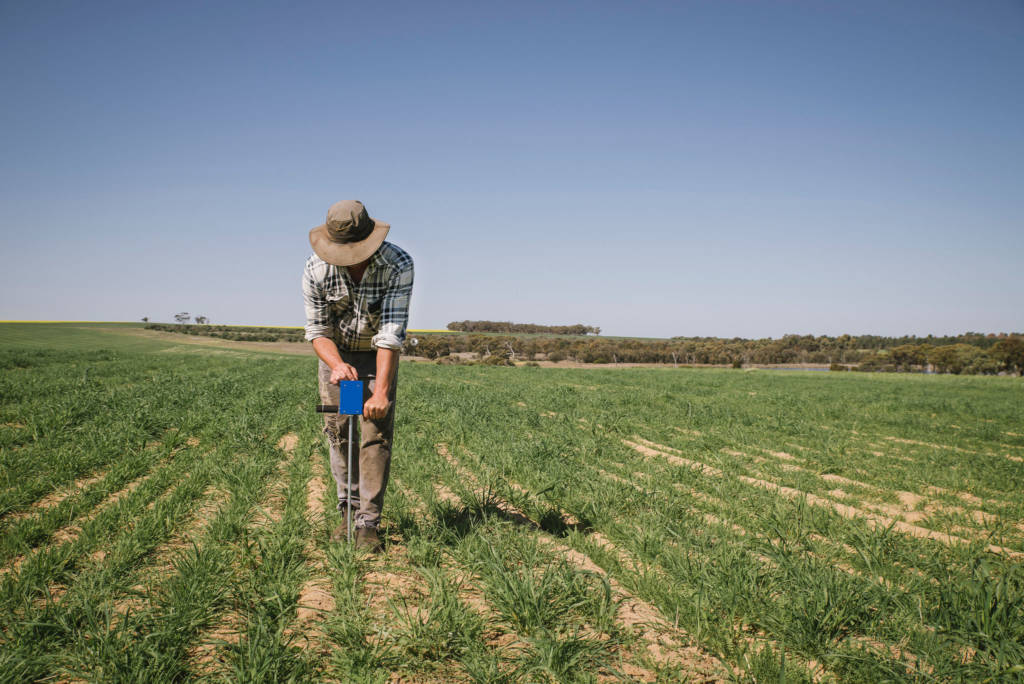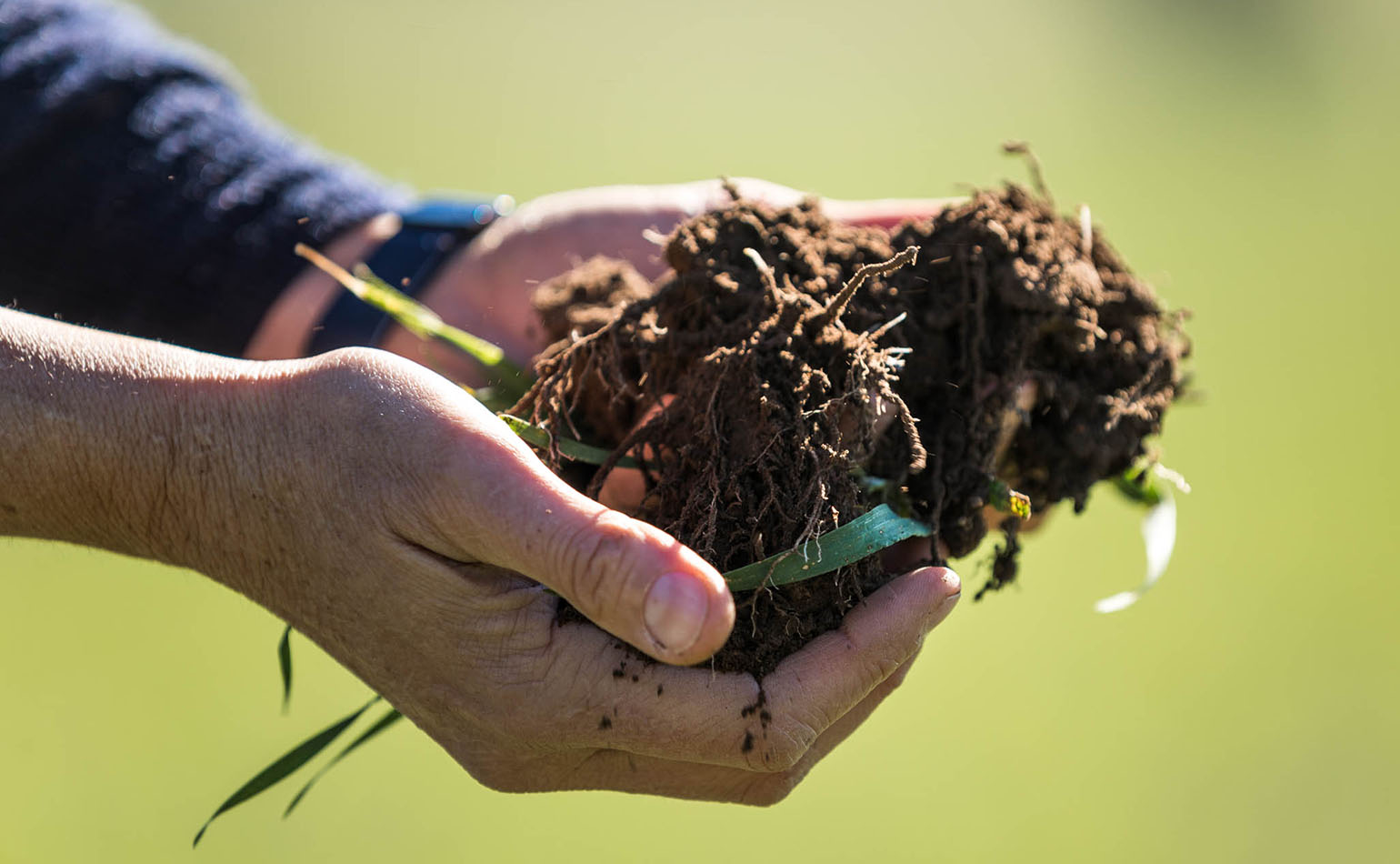Opinion
Dr Michael Crawford, CEO, Soil CRC
Many farmers, scientists, policy makers and consumers agree that soil health is important, and that a healthy soil is something to strive for. But, when it comes to understanding what soil health is, and what makes a healthy soil, perspectives diverge and differ.
As we celebrate World Soil Day on December 5, let’s reflect on the importance of soil health to our economy, our environment and to our society.
The Food and Agriculture Organisation (FAO) defines soil health as “the ability of the soil to sustain the productivity, diversity and environmental services of terrestrial ecosystems”. In Australian agriculture, it is about the ability of our soil to sustain optimum agricultural production, without leading to detrimental environmental outcomes.
Importantly, soil health is the condition of the soil relative to its potential capability. Its potential capability is pre-determined by soil type, landscape and climate. Its condition is determined by a farmer’s management, both in the short term and the long term.
The way a farmer manages their soil can either improve or worsen soil health. In practical terms, farmers are managing their soils to optimise profit in the short term, while also trying to improve soil health and increase the ability of their soils to support their profit-making in the long term. What farmers need are tools and practices that are both profitable and help to improve soil health.

When the ‘soil health’ and ‘healthy soils’ terms were introduced and popularised a few decades ago, many soil scientists were uncomfortable with their use. The definitions of soil health were somewhat woolly or nebulous, unlike other, more specific, descriptors of soil. Scientists do not sit comfortably with ambiguity and imprecision.
However, the terms have now been embraced more widely because they neatly and concisely summarise the concept and the aspiration that all stakeholders agree on. It’s just that their application needs to be more specific in the context of the location we are talking about i.e. soil type, climate, farming system etc.
Soil health matters. 95% of the food we eat has its origins in the soil. Hence, it goes without saying that soil health is absolutely integral to our ability to continue to satisfy the population’s growing nutritional needs, at both a national and a global level.
Australian agriculture has a target of $100 billion of farm gate value by 2030. If we are to reach that target, there are a lot of things that we need to get right. But it all starts with the soil. Without ensuring that our soil resource is healthy, sustainable and prosperous, all the efforts that we make in other areas will be diluted.
Many environmental issues have their origin in the soil. Poor water quality, salinity, dust storms, eutrophication etc can all be traced to poor soil health. Conversely, healthy soils can make a contribution to the alleviation and remediation of these issues. And of course, soil carbon sequestration provides a win-win-win for farmers, the environment and society, by increasing soil organic matter and abating greenhouse gas emissions and mitigating climate change.
Clearly, it is in the best interests of farmers to improve their soil health. How we do it will vary with soil type, climate and farming system across Australia. As the largest collaborative soil research effort in Australia’s history, the Soil CRC has a large program of research activity aimed at giving farmers the tools and knowledge they need to better manage their soils, improve their soil health, and increase their productivity and profitability.
Over the next five years, in conjunction with other partners, and under the guidance of the National Soil Strategy, we will continue to make progress on providing practical and feasible solutions for improving soil health.
Recognising soil health is one thing. Measuring it is another. But that’s a topic for another article.
There will always be more to do. Just like human health, soils can always be healthier. But on World Soil Day, it is worth reflecting on soil health and why it does matter.
Watch our Soil Health: Why it matters panel discussion.

